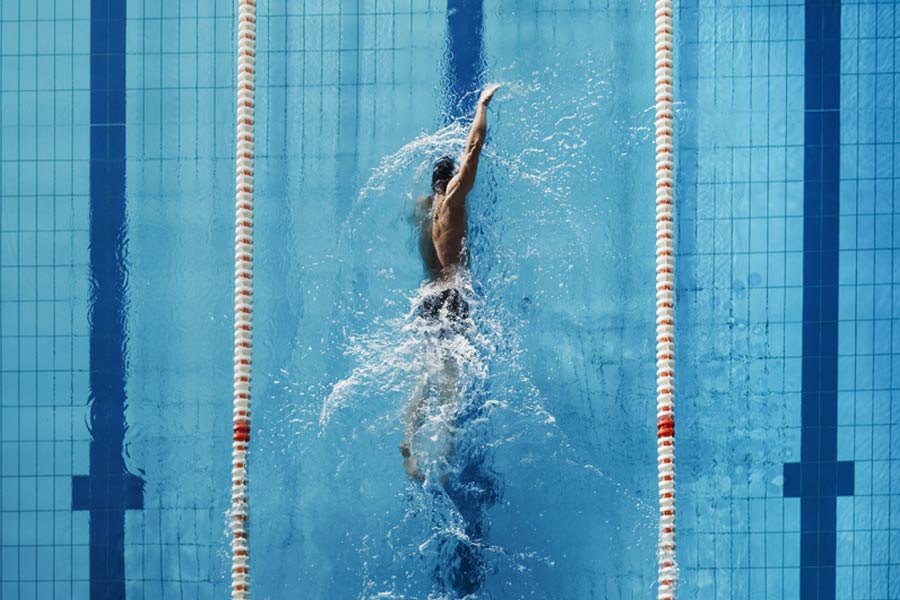Whenever a suspicion of doping arises in an Olympics, attention can shift quickly from the athletes who won gold, silver and bronze medals to the ones who missed out.
On Saturday, The New York Times published an investigation into an unreported case in which 23 top Chinese swimmers tested positive for a powerful banned drug in 2021, only months before the Tokyo Olympics. The swimmers — who made up about half of the Chinese swimming team at those Games — were cleared by China’s antidoping authorities and the World Anti-Doping Agency and allowed to compete.
The episode has not only alarmed experts in the antidoping community, but also raised other questions about athletes who tested positive, and what comes next: Which athletes? Which races?
And what about the medals they won in them?
For now, the answer — both for the Chinese athletes and the dozens of swimmers who finished behind them, on and off the medals stand — is that nothing has changed.
By comparing the names of the 23 swimmers who tested positive with results from the Games, the Times identified five events in which Chinese swimmers who had tested positive for a banned substance won medals:
Women’s 100-meter Butterfly
The third day of the Tokyo Games opened with the first of four medals for Zhang Yufei, a silver. Torri Huske of the United States was fourth, missing out on the first Olympic medal of her career by one-hundredth of a second.
Women’s 200-meter Butterfly
Three days later, Zhang claimed her second medal — and first gold — with an Olympic-record time. Americans Regan Smith and Hali Flickinger touched the wall more than a second behind to claim silver and bronze.
Women’s 200-meter Freestyle Relay
Just over an hour after winning an individual gold, Zhang helped China win a relay gold. China’s time, a world record, was nearly half a second faster than that of the United States team. The Americans also broke the previous world record but went home with the silver.
Men’s 200-meter Individual Medley
Wang Shun became only the second Chinese man to win an individual swimming gold.
Mixed 4x100-meter Medley Relay
Britain set a world record in winning the mixed event, which was being held at the Olympics for the first time. But China’s team edged Australia to win the silver, delivering Zhang’s fourth and final medal of the Tokyo Games.
Chinese antidoping officials and the World Anti-Doping Agency, the global authority that oversees national drug-testing programs, defended their actions in handling the case of the pre-Olympic doping positives in statements to the Times last week.
China said it had acknowledged the positive tests and notified WADA. But in a report created by China’s antidoping agency and quietly submitted weeks before the Olympics, Chinese authorities said their investigators concluded that the swimmers had ingested the banned substance unwittingly and in tiny amounts, and that no action was warranted.
WADA, citing “a lack of any credible evidence” to challenge China’s version of events, defended its decision not to take further action. It called any criticism unsubstantiated, even though it took a far harder line in a case involving a Russian figure skater only months later.
In that case, Russia was eventually stripped of a team gold medal, and multiple countries have appeals, seeking to upgrade their own finishes.
On Friday, the International Olympic Committee declined to comment on the positive tests, saying only that “anti-doping matters have been made independent from the IOC,” and referring questions to WADA.
But with the antidoping agency adamant that it acted correctly and within its rules, there is no indication that any of the results of races will be affected, or any the medals reallocated.
The New York Times News Servicee










